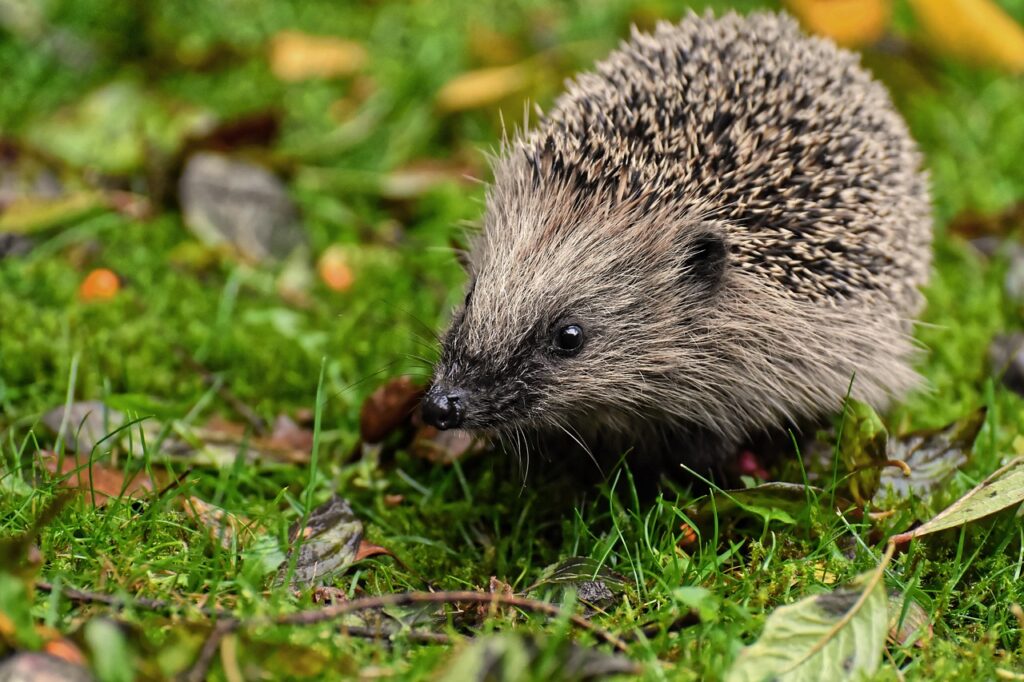While the human population was battling Covid-19, the Belgian and Dutch hedgehog populations were struggling with hedgehog disease. This deadly zoonotic illness, which first appeared in Belgium in 2020, is expected to claim even more victims in 2023.
The unknown infectious disease has been spreading among hedgehogs since 2020. The first sick animals were found in Belgium in April 2020, followed by the first reports of the mysterious disease in the Netherlands.
Both the Wildlife Health Surveillance Network in Liège and the University of Ghent have investigated the disease and suspect that the zoonotic bacterium Corynebacterium ulcerans is the cause. It produces a toxin that can cause abscesses and wounds. However, the DWHC at Utrecht University doubts this assumption, as researchers there found much less of this bacterium in sick animals.
Flemish rescue centres report that many hedgehogs are being brought in for care again this summer
Hedgehogs affected by the disease often have wounds on and around the head, swollen legs and sores. As temperatures rise, flies are likelier to lay eggs in the wounds. If the animal can be saved, a two-month rehabilitation process follows. Flemish rescue centres report that many hedgehogs are being brought in for care again this summer.
Monitoring project
As the hedgehog population has already suffered considerably in recent years, the Royal Belgian League for the Protection of Birds launched a monitoring project in 2021 to find out how hedgehogs survive after being taken in and cared for at a wildlife rescue centre.
In this project, rescued hedgehogs are marked with small yellow tags bearing a unique six-digit number and the words “suiviherisson.be”. Anyone who sees an animal with a yellow tag on its spine can approach it calmly and help gather information.
“Do not touch the hedgehog, but take a photo and note down as much information as possible about its location, condition and behaviour. Send all this information and the number of yellow spines to www.suiviherisson.be,” the Flemish Agency for Nature and Forests says.
(BELGA)
